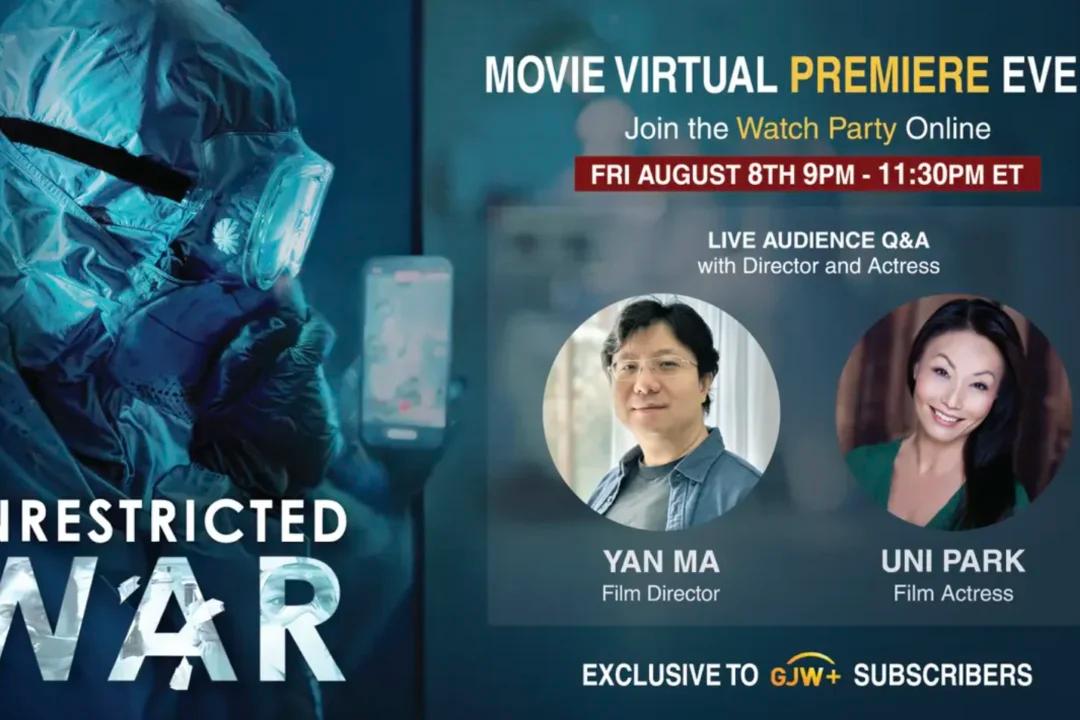Click, snap—we get our information fast through technology, but according to experts, we should not ditch paper and print anytime soon. Nevertheless, the transition to digital textbooks is a process that is easier for some than others.
William “Andy” Shaw at Clearwater High School in Clearwater, Fla., taught history and economics for 12 years. Shaw’s job completely changed nearly three years ago, however, when Clearwater gave each student a Kindle Keyboard.
Shaw, also certified in computer science, is now the coordinator of Clearwater’s Kindle technology program, in which Kindle Keyboards, Kindle Fires, and bring your own device (BYOD) are everyday tools in student learning.
“I manage over 3,300 accounts and devices,” Shaw said.
He said that the school’s principal chose the Kindle device over others because it has a large library of books for free, and it comes with a universal 3G service—a set of third-generation mobile telecommunications technology standards.
“This provided universal web access for all of our students off campus, and we were able to level the playing field a bit for our low socio-economic status students,” Shaw said.
In order to protect the students’ information and data, each student received an “R2-D2,” two digit-two digit, code for their Kindle account rather than using their real names. According to Shaw, they did not enter students’ names or identifying information. They were “very good about protecting that,” he said.
All K–12 schools in Florida are required by law to have digital textbooks by 2015. Florida’s Digital Instructional Materials Work Group—a nine-member group of parents, educators, district leaders, and a businessman—was created with the mission of figuring out how to realize that goal.
“In my mind, we are at the cusp of a huge change in the way we use technology in the classroom,” Shaw said.
However, districts are unsure if a simple Portable Document Format (PDF) textbook constitutes a digital textbook, as required by the Florida digital initiative. Shaw thinks that BYOD is the way to go.
“Maybe the individual districts could then negotiate deals with different companies to provide devices to students who don’t already have their own—so many possibilities,” he said.
Down to Business
When Wendy LaDuke’s father, Edward Warnshuis first saw the giant computers the size of a bedroom, long before Apple and PCs, he just knew that someday technology would play an important role in education. LaDuke said that everyone thought that he was nuts.
Warnshuis founded THE Journal (Technological Horizons in Education) 40 years ago. It was the first magazine to bring educators and the technology industry together. LaDuke took on the family business, and she said that they have just stopped printing to go digital and offer “multimedia-rich editorial products.”
She partnered with 1105 Media Inc., where she is president and group publisher of the education group. According to the company’s website, “1105 Media, Inc. provides integrated business-to-business information and media” through print and online media and seminars, conferences, summits, and trade shows.







